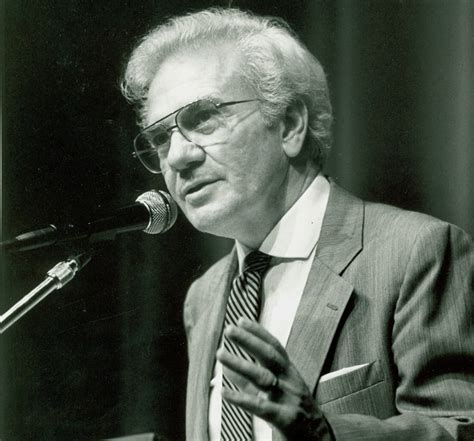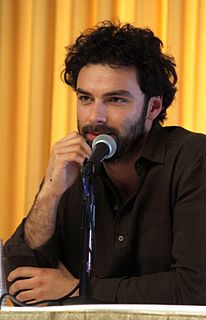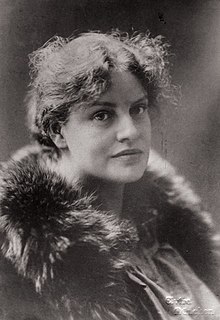A Quote by Marie de France
Whoever has received knowledge
and eloquence in speech from God
should not be silent or secretive
but demonstrate it willingly.
When a great good is widely heard of,
then, and only then, does it bloom,
and when that good is praised by man,
it has spread its blossoms.
Related Quotes
That man is good who does good to others; if he suffers on account of the good he does, he is very good; if he suffers at the hands of those to whom he has done good, then his goodness is so great that it could be enhanced only by greater sufferings; and if he should die at their hands, his virtue can go no further: it is heroic, it is perfect.
It is a great good to be given over to the will of God. Then the Lord alone is in the soul, and no other thought, and she prays to God with a pure mind. When the soul is entirely given over to the will of God, then the Lord Himself begins to guide her, and the soul learns directly from God ... A proud man does not with to live according to the will of God. He likes to direct himself, and does not understand that man does not have enough understanding to direct himself without God.
If one does not make human knowledge wholly dependent upon the original self-knowledge and consequent revelation of God to man, then man will have to seek knowledge within himself as the final reference point. Then he will have to seek an exhaustive understanding of reality. He will have to hold that if he cannot attain to such an exhaustive understanding of reality he has no true knowledge of anything at all. Either man must then know everything or he knows nothing. This is the dilemma that confronts every form of non-Christian epistemology
Sometimes during a show or a film, while you're shooting it, you'll think, "This is great, it's going to be fantastic, the script is incredible, and the actors are great, and everything is working out brilliantly." And then you see it, and you kind of go, "Oh god, it's not as good as I thought it was," and it doesn't get an audience to watch it. It only does a couple of festivals and then dies and whatever.
Whoever reaches into a rosebush may seize a handful of flowers; but no matter how many one holds, it's only a small portion of the whole. Nevertheless, a handful is enough to experience the nature of the flowers. Only if we refuse to reach into the bush, because we can't possibly seize all the flowers at once, or if we spread out our handful of roses as if it were the whole of the bush itself -- only then does it bloom apart from us, unknown to us, and we are left alone.
Yes, I heard my people singing!-in the glow of parlor coal-stove and on summer porches sweet with lilac air, from choir loft and Sunday morning pews-and my soul was filled with their harmonies. Then, too, I heard these songs in the very sermons of my father, for in the Negro's speech there is much of the phrasing and rhythms of folk-song. The great, soaring gospels we love are merely sermons that are sung; and as we thrill to such gifted gospel singers as Mahalia Jackson, we hear the rhythmic eloquence of our preachers, so many of whom, like my father, are masters of poetic speech.
First, my people must be taught the knowledge of self. Then and only then will they be able to under-stand others and that which surrounds them. Anyone who does not have a knowledge of self is considered a victim of either amnesia or unconsciousness and is not very competent. The lack of knowledge of self is a prevailing condition among my people here in America. Gaining the knowledge of self makes us unite into a great unity. Knowledge of self makes you take on the great virtue of learning.
If Jesus is not God, then there is no Christianity, and we who worship Him are nothing more than idolaters. Conversely, if He is God, those who say He was merely a good man, or even the best of men, are blasphemers. More serious still, if He is not God, then He is a blasphemer in the fullest sense of the word. If He is not God, He is not even good.
A scholar's business is to add to what is known. That is all. But it is capable of giving the very greatest satisfaction, because knowledge is good. It does not have to look good or even sound good or even do good. It is good just by being knowledge. And the only thing that makes it knowledge is that it is true. You can't have too much of it and there is no little too little to be worth having. There is truth and falsehood in a comma.







































